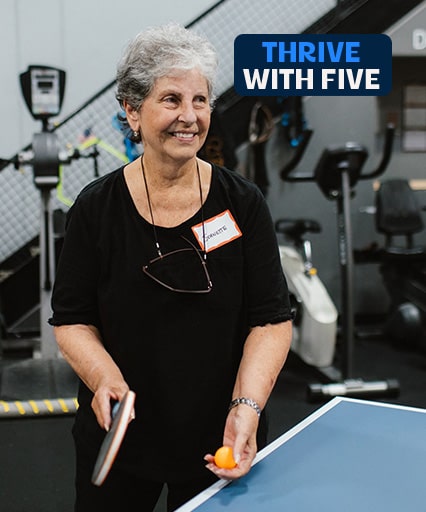
Live Your Absolute Best Life
PCLA helps people impacted by Parkinson’s with tools, strategies, and connections in the Los Angeles area and beyond.












Get Support Now

Quickly jump to helpful content relevant to you.
Why People ♥️ PCLA

Our nonprofit provides:
Direct access to live resource specialists
Warm, welcoming events and support groups designed to foster and grow our community
Esteemed medical advisory board offering science-backed tools & solutions
PCLA Community Testimonials
Here’s what the Parkinson’s community has to say about PCLA’s support groups, events, and personnel.
“Their programming is consistently some of the best and unlike many of the other PD orgs, their focus is quality of life, NOW.”

Travis Robinson
Age 44, Altadena
“I ran into PCLA and the support group was very different — everybody talked, everybody shared their knowledge. I really enjoyed that format. Every meeting I attended I learned something new.”

Frances “Sparky” Sotcher
Age 90, Culver City
PCLA's Original Content
Explore Our Educational Library

Learn about Parkinson’s through videos, blog articles, and guides.
Latest Videos
Quickly jump to helpful content relevant to you.
Blog Articles
Quickly jump to helpful content relevant to you.


Give to PCLA: Empowering the Parkinson’s Community Together
Discover ways to support Parkinson’s Community Los Angeles. Donate monthly, give your time, or even donate your car to empower the PCLA community.


Qigong – Baduanjin for Parkinson’s: Simple and Graceful Movements
Qigong is an ancient Chinese practice that combines gentle movement, breathing exercises, relaxation techniques, and meditation. The slow, rhythmic movements of Baduanjin may help improve balance, coordination, and flexibility while promoting relaxation and mental focus.


Tai Chi for Parkinson’s: Meditation and Balance in Motion
Tai chi is an ancient Chinese martial art that blends gentle, flowing movements with mindful breathing to create a powerful mind-body practice. For people with Parkinson’s, it offers both physical and mental benefits—helping improve balance, reduce fall risk, and enhance overall well-being.
Donate Today,
Change Lives Forever
PCLA is powered by generous contributions from people like you.
Please consider donating today so we can continue to provide critical support to those impacted by Parkinson’s.






.png)
.png)
